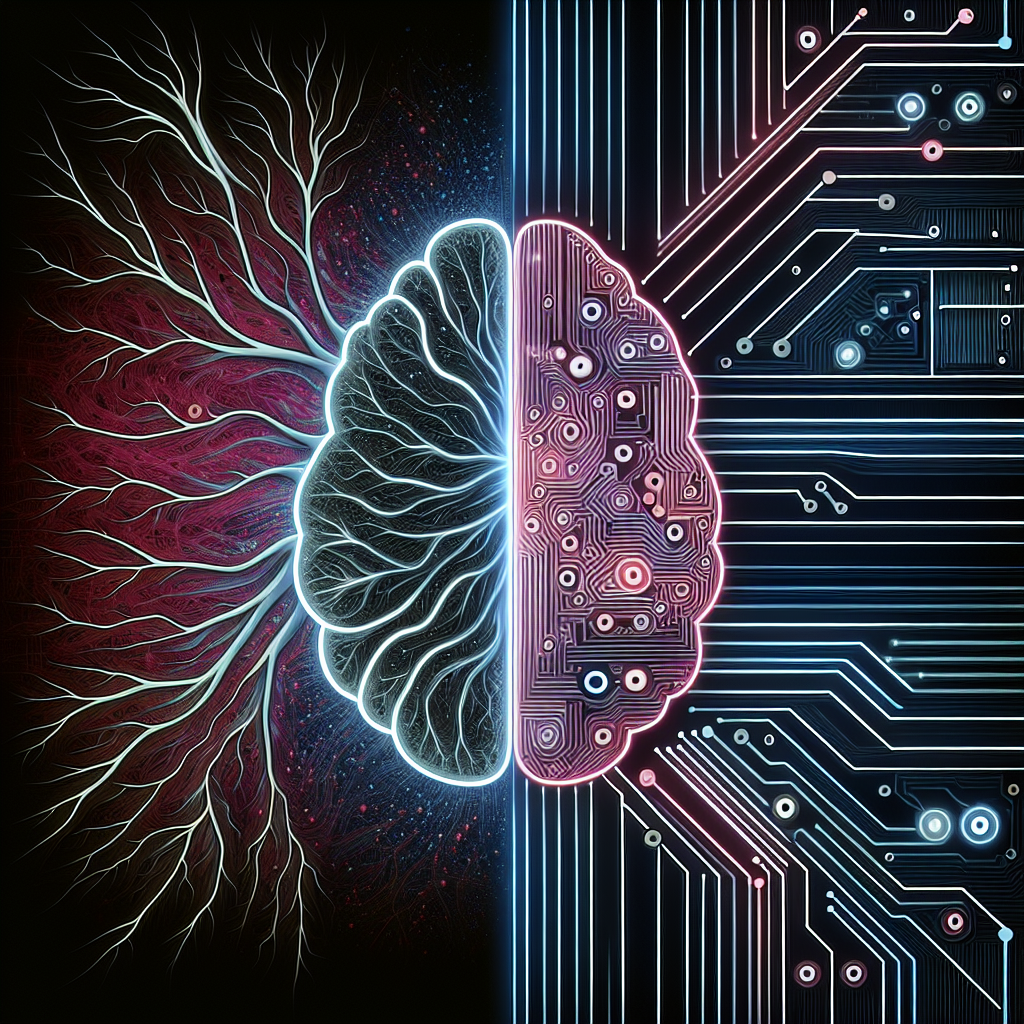Artificial Intelligence (AI) is rapidly becoming a prominent technology in various industries and sectors, revolutionizing the way we live and work. From virtual assistants to self-driving cars, AI is transforming the way we interact with machines and the world around us. However, within the field of AI, there are two distinct categories that often get confused – Artificial General Intelligence (AGI) and Narrow AI. In this article, we will explore the key differences between AGI and Narrow AI, and discuss their potential impact on society.
AGI vs. Narrow AI: Understanding the Differences
Artificial General Intelligence (AGI) refers to a type of AI that possesses human-like cognitive abilities, such as reasoning, learning, and problem-solving. AGI is often described as the ability of a machine to perform any intellectual task that a human can do. In other words, AGI is capable of understanding and applying knowledge across a wide range of domains, without needing to be explicitly programmed for each task.
On the other hand, Narrow AI, also known as Weak AI, refers to AI systems that are designed for specific tasks or domains. Narrow AI is limited in scope and can only perform well-defined tasks within a narrow range of applications. Examples of Narrow AI include virtual assistants like Siri and Alexa, recommendation systems like Netflix’s algorithm, and self-driving cars.
One key difference between AGI and Narrow AI is their level of generalization. AGI is designed to be flexible and adaptable, able to learn new tasks and domains without human intervention. In contrast, Narrow AI is limited to the specific tasks it was designed for, and cannot generalize its knowledge to new situations.
Another key difference between AGI and Narrow AI is their level of autonomy. AGI is designed to be autonomous and self-aware, capable of making decisions and solving problems independently. Narrow AI, on the other hand, is designed to be task-specific and relies on human intervention for decision-making.
Potential Impact on Society
The development of AGI and Narrow AI has the potential to have a profound impact on society, with both positive and negative implications. Here are some key ways in which AGI and Narrow AI could impact society:
1. Job Displacement: One of the most significant concerns surrounding AI is the potential for job displacement. As AI systems become more advanced, they have the potential to automate a wide range of tasks and jobs, leading to unemployment for many workers. AGI, in particular, has the potential to replace a wide range of cognitive tasks currently performed by humans.
2. Ethical Considerations: The development of AGI raises a number of ethical considerations, such as the potential for AI systems to make decisions that harm humans or violate ethical norms. For example, if an AGI system is given control over critical infrastructure or military systems, there is the potential for unintended consequences.
3. Healthcare and Education: AI has the potential to revolutionize the healthcare and education sectors, by providing personalized treatment plans and educational materials tailored to individual needs. AGI could revolutionize medical diagnosis and treatment, by analyzing large amounts of data to identify patterns and make predictions.
4. Privacy and Security: The development of AI raises concerns about privacy and security, as AI systems have the potential to collect and analyze vast amounts of personal data. AGI, in particular, raises concerns about the potential for AI systems to invade privacy and manipulate individuals.
Frequently Asked Questions
1. What is the difference between AGI and Narrow AI?
AGI is a type of AI that possesses human-like cognitive abilities, such as reasoning and problem-solving, while Narrow AI is designed for specific tasks or domains.
2. What are some examples of AGI and Narrow AI?
Examples of AGI include fictional characters like HAL 9000 from 2001: A Space Odyssey, while examples of Narrow AI include virtual assistants like Siri and Alexa.
3. What are the potential impacts of AGI and Narrow AI on society?
AGI and Narrow AI have the potential to impact society in various ways, including job displacement, ethical considerations, healthcare and education, and privacy and security.
In conclusion, AGI and Narrow AI represent two distinct categories within the field of AI, with different capabilities and potential impacts on society. While AGI has the potential to revolutionize the way we live and work, it also raises important ethical and societal considerations. Narrow AI, on the other hand, is already transforming various industries and sectors, but is limited in scope and application. As AI technology continues to advance, it is important for researchers, policymakers, and society as a whole to consider the implications of AGI and Narrow AI on our future.

